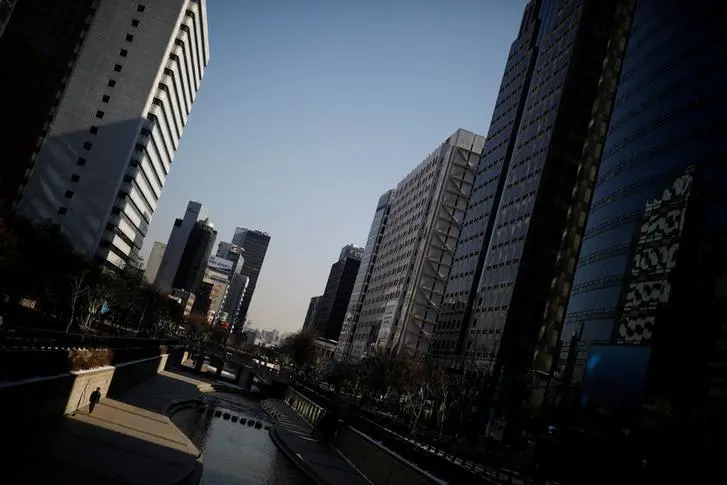PHOTO
Some 13,000 unionised rail workers launched a four-day strike on Thursday, their first such action in four years, which could cut passenger and cargo train operations by up to 60% amid soaring demand ahead of major holidays.
The Korean Railway Workers' Union demands improved pay and working conditions and an expansion of the KTX bullet train services to include lucrative routes such as in southern Seoul.
The strike, the first since November 2019, came after a collapse of negotiations late on Wednesday between the union, the transport ministry and Korea Railroad Corp (KORAIL), the state-run train operator. It was scheduled to end at 9 a.m. on Monday (Sunday midnight GMT).
The ministry estimated cargo trains would run at 21%-47% of their normal capacity, but a major impact on businesses was unlikely as South Korea's key export items such as semiconductors do not rely on rail.
KORAIL said it plans to mobilise substitute employees and about 68% of the KTX routes, and 75% of metro subways, will operate. It also apologised for inconvenience to passengers.
Company chief Han Moon-hee criticised the strike as "illegitimate" and urged the workers to return to work.
Labor Minister Lee Jeong-sik on Wednesday also called for the union to cancel the planned strike, citing an economic impact and public inconvenience.
An official of a cement company, which is among the sectors to be hit by the strike, said there was no immediate impact but the situation could worsen if the strike was drawn out.
According to the Korea Cement Association, rail accounts for 40% of cement transportation, and if the strike lengthens, the reduced ability to deliver could affect firms' profitability during the fall's peak building season.
"We currently have prepared some inventory in preparation for the strike, but it's not a lot. If the strike lengthens, we will have to convert to land transportation, which will drive up costs and hit profitability," the official said.
(Reporting by Hyonhee Shin; Editing by Stephen Coates)





















